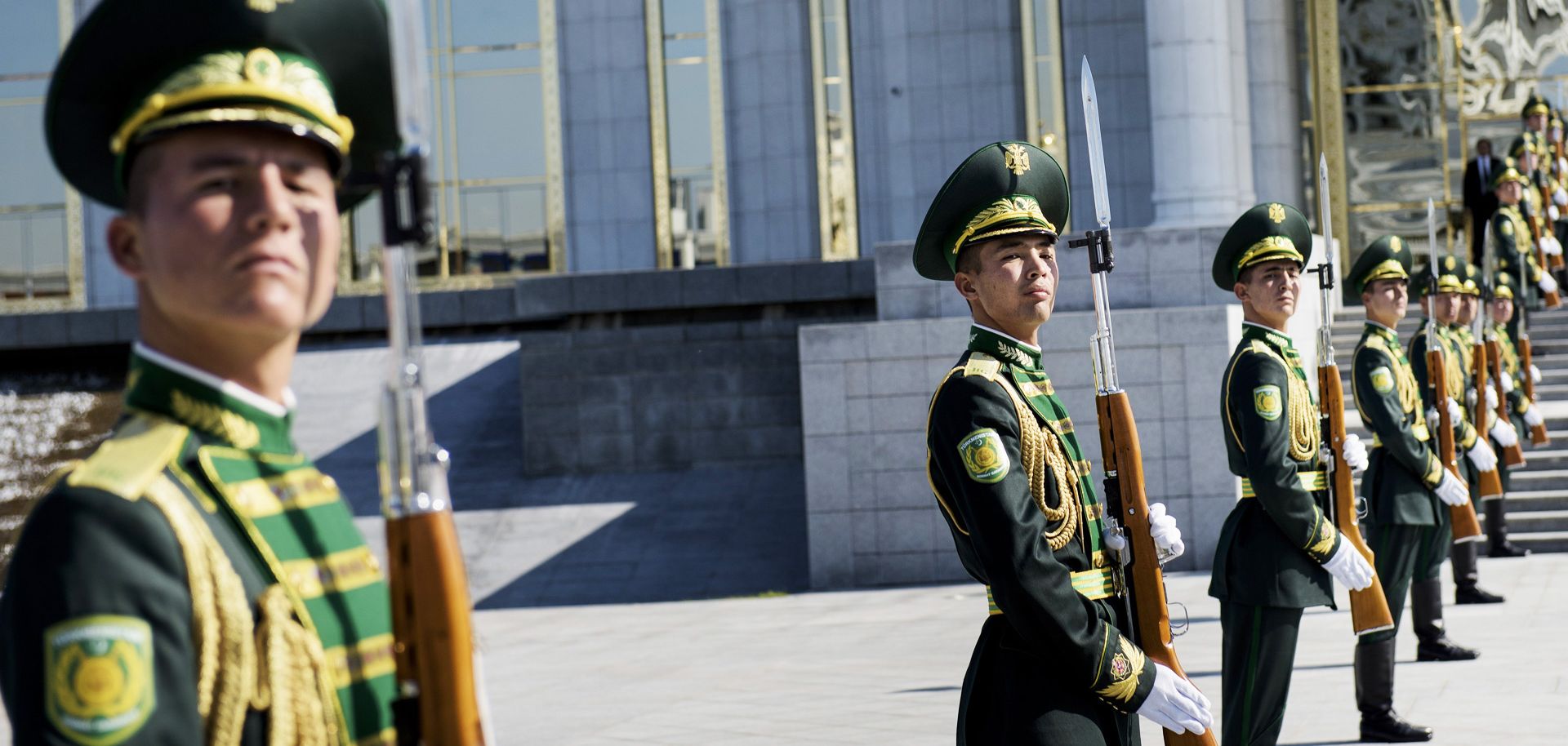Central Asia is not known for major political change. Since gaining their independence from the Soviet Union in 1991, Kazakhstan, Kyrgyzstan, Tajikistan, Turkmenistan and Uzbekistan have maintained centralized political systems, and in that time, only Kyrgyzstan has had more than two presidents. Yet this year has brought important political shifts to the region. In early September, for instance, the death of long-standing Uzbek President Islam Karimov was confirmed, causing speculation over who would succeed him.
Well before Karimov's death, significant structural adjustments were already underway in Central Asia's political systems. At the beginning of the year, Turkmenistan revealed plans to amend its constitution to extend presidential terms from five to seven years and to abolish term limits, changes that were approved on Sept. 14. In Tajikistan, voters authorized similar constitutional amendments in a May referendum. Even Kyrgyzstan -- which underwent two revolutions in the first decade of the 2000s, transitioning to...

